When imagining the future of technology, sometimes all we need to do is look out the window — or into a microscope.
Our researchers take inspiration from nature to redefine what a computer can be, from data storage using synthetic DNA, to sensors modeled on insects and leaves. We also advance technologies to help solve biology’s biggest mysteries, such as computational approaches for understanding the mechanisms of disease and brain-computer interfaces that can restore or augment physical function and mobility.
Groups & Labs
Accessible Accordion
Areas of Expertise
Societal Impact
Results will appear in alphabetical order.
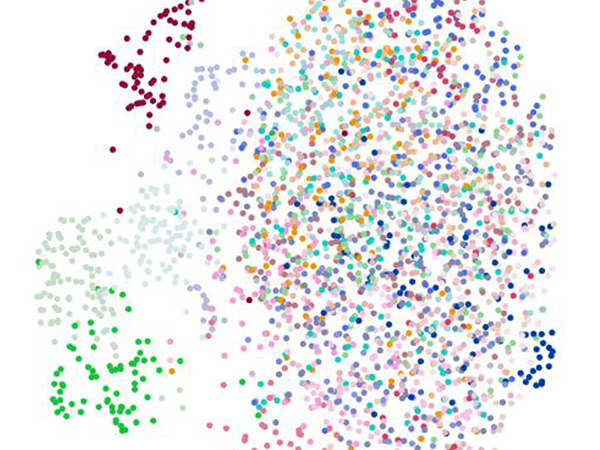
AIMS Lab
The AI for bioMedical Sciences (AIMS) Lab fundamentally advances the way AI is integrated with biology and clinical medicine by addressing novel scientific questions spanning explainable AI, model auditing, disease drivers, and more.
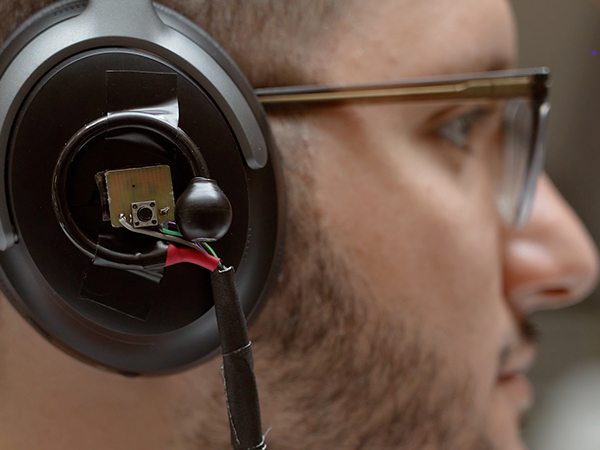
Mobile Intelligence Lab
The interdisciplinary Mobile Intelligence Lab builds intelligent systems and tools for tackling hard technical and societal problems, including battery-free computing, medical diagnostics, augmented human perception and more.
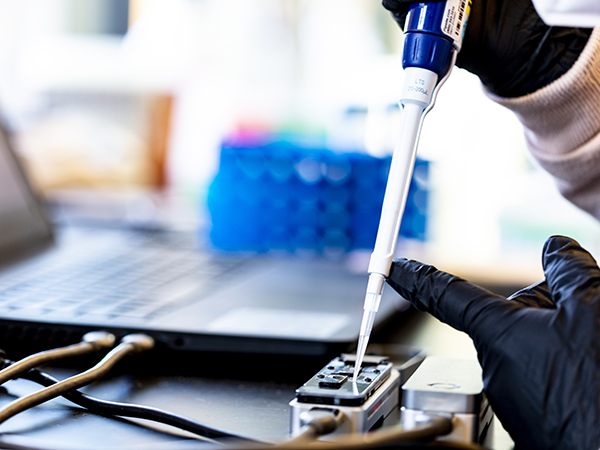
Molecular Information Systems Lab (MISL)
MISL explores the intersection of information technology and molecular biology using in-silico and wet lab experiments, drawing upon expertise from computer architecture, programming languages, synthetic biology and biochemistry.
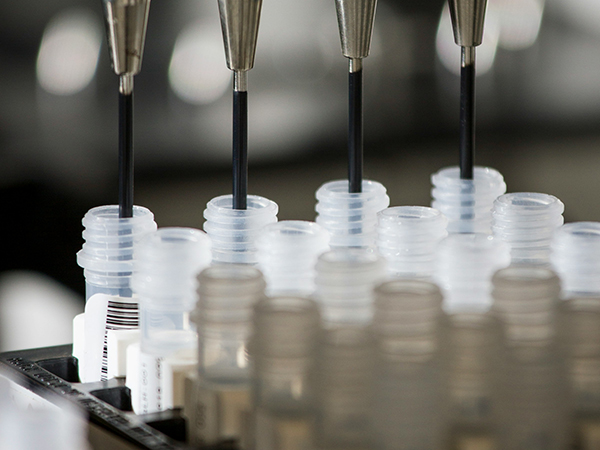
Mostafavi Lab
The Mostafavi Lab develops machine learning and statistical methods that combine evidence across multiple types of molecular/genomics data and disentangle spurious from meaningful correlations for new insights into mechanisms of health and disease.
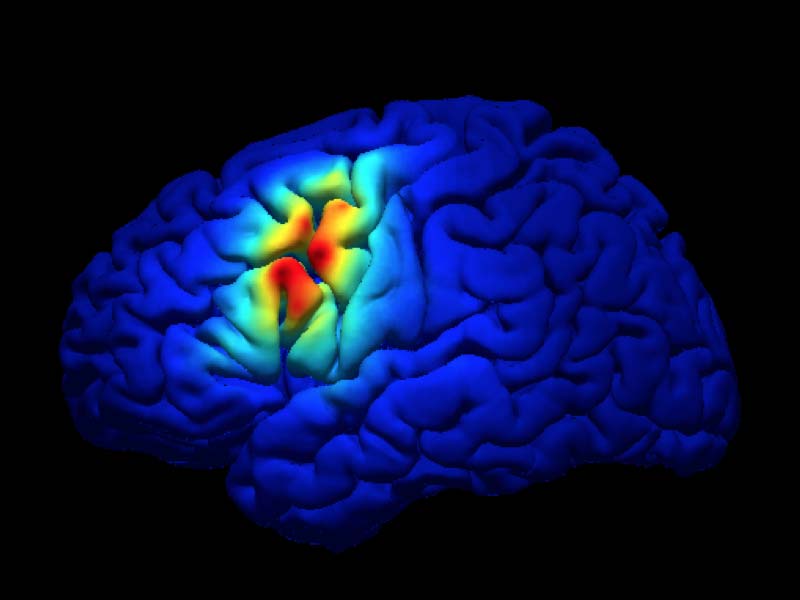
Neural Systems Lab
The Neural Systems Lab at the UW focuses on understanding the brain using computational models and simulations, and applying this knowledge to the task of developing human-like artificial intelligence (AI) and brain-computer interfaces (BCIs).
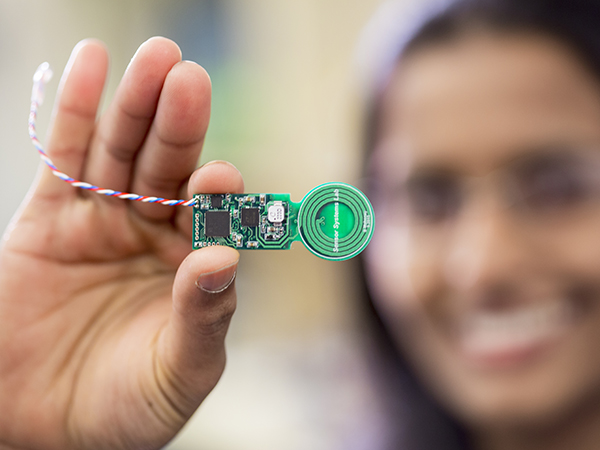
Sensor Systems Laboratory
The Sensor Systems Laboratory invents new sensor systems, devises new ways to power and communicate with them, and develops algorithms for using them, with applications in the domains of bioelectronics, robotics, and ubiquitous computing.
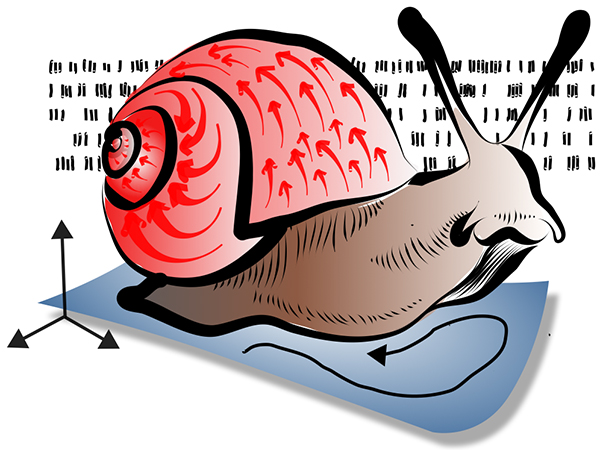
Systems Neuroscience & AI Lab (SNAIL)
SNAIL develops computational models and algorithms for understanding how single-trial neural population activity drives our abilities to generate movements, make decisions, and learn from experience.
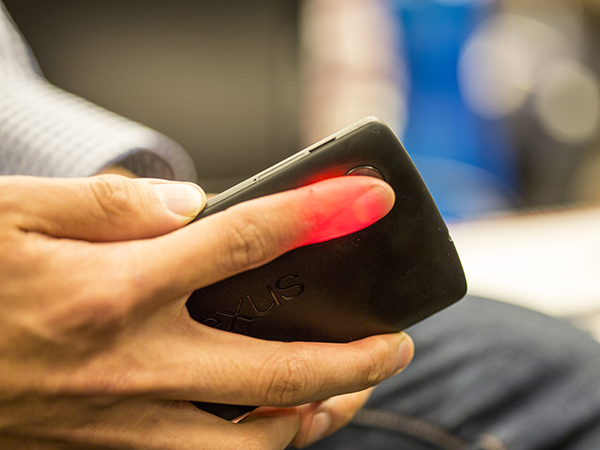
UbiComp Lab
The Ubiquitous Computing (UbiComp) Lab develops innovative systems for health sensing, low-power sensing, energy sensing, activity recognition and novel user interface technology for real-world applications.
Highlights
Allen School News

For her groundbreaking research on explainable AI for biology and medicine, Lee, who directs the UW’s AI for bioMedical Sciences Lab, was named a Fellow of the International Society for Computational Biology (ISCB).
Agents of Tech

Nivala, co-director of the Molecular Information Systems Lab (MISL), discusses the groundbreaking potential of DNA-based data storage and its role in the future of AI.
Allen School News

Researchers in the UbiComp Lab and UW Medicine earned an IMWUT Distinguished Paper Award for their work on an app that turns a smartphone into a thermometer.
